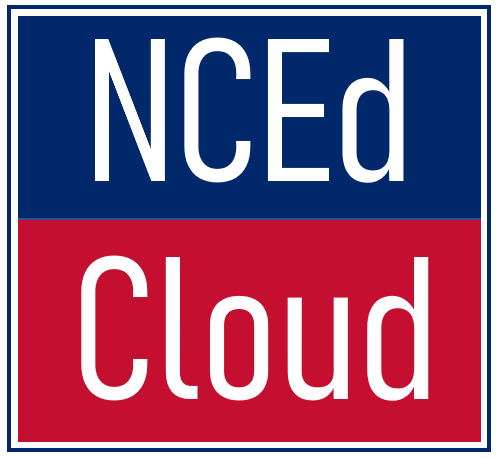When starting a business, one of the first decisions you will need to make is what type of business organization you want to create. There are many different types of business organizations, each with its own advantages and disadvantages. The best type of business organization for you will depend on your individual circumstances https://patharkandicollege.org/
Here are the 6 most common types of business organizations:
- Sole proprietorship: A sole proprietorship is a business owned and operated by one person. The owner is personally liable for all debts and obligations of the business. This means that if the business fails, the owner could lose their personal assets, such as their home or car. Sole proprietorships are the simplest and least expensive type of business to create. However, they also offer the least amount of liability protection.
- Partnership: A partnership is a business owned by two or more people. The partners are jointly liable for all debts and obligations of the business. This means that if the business fails, the partners could lose their personal assets. Partnerships are more complex and expensive to create than sole proprietorships. However, they offer more liability protection than sole proprietorships.
- Limited liability partnership (LLP): An LLP is a type of partnership that offers its partners limited liability. This means that the partners are only liable for their own debts and obligations, not the debts and obligations of the other partners. LLPs are more complex and expensive to create than partnerships. However, they offer more liability protection than partnerships.
- Limited liability company (LLC): An LLC is a hybrid business structure that combines the features of a partnership and a corporation. The owners of an LLC are called members. The members are not personally liable for the debts and obligations of the LLC, unless they personally guarantee a debt. LLCs are more complex and expensive to create than sole proprietorships and partnerships. However, they offer more liability protection than sole proprietorships and partnerships.
- Corporation: A corporation is a legal entity that is separate from its owners. The owners of a corporation are called shareholders. The shareholders are not personally liable for the debts and obligations of the corporation. Corporations are the most complex and expensive type of business to create. However, they offer the most liability protection.
- Cooperative: A cooperative is a business owned and operated by its members. The members share in the profits and losses of the cooperative. Cooperatives are less common than other types of business organizations. However, they can be a good option for businesses that want to provide their members with goods or services at a discounted price.
The best way to choose the right type of business organization for you is to consult with an attorney or accountant. They can help you understand the advantages and disadvantages of each type of business organization and choose the one that is right for you.
Here are some additional factors to consider when choosing a business organization:
- The number of owners: The number of owners will affect the type of business organization you can choose. For example, only two or more people can form a partnership.
- The amount of liability protection you want: If you want to limit your personal liability, you should choose a business organization that offers limited liability, such as an LLC or a corporation.
- The amount of taxes you want to pay: The type of business organization you choose will affect the amount of taxes you pay. For example, corporations are taxed separately from their owners, while sole proprietorships and partnerships are not.
- The amount of paperwork you want to deal with: Some types of business organizations, such as corporations, require more paperwork than others.

